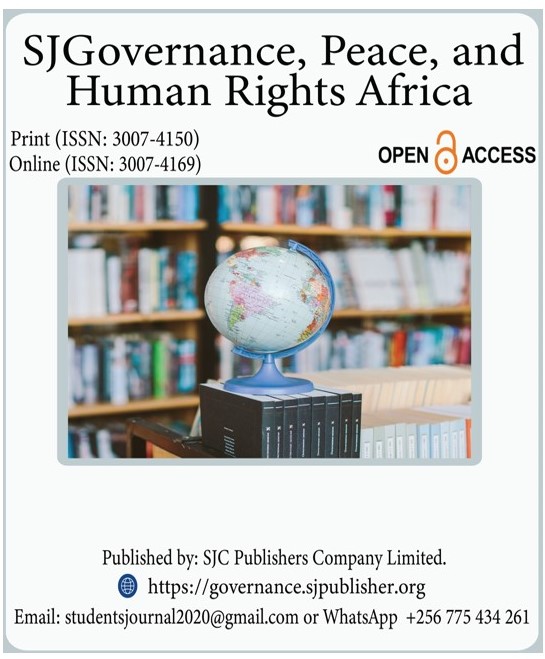ASSESSMENT OF THE ROLES OF FOREIGN DIRECT INVESTMENT IN THE DEVELOPMENT OF INFRASTRUCTURE. A CROSS-SECTIONAL STUDY OF ZANZIBARINTERNATIONAL AIRPORT IN ZANZIBAR ISLAND.
DOI:
https://doi.org/10.51168/hem57419Keywords:
Foreign Direct Investment, Development, InfrastructureAbstract
Background:
The study assessed the roles of foreign direct investment in the development of infrastructure in Zanzibar.
Methodology:
The study was conducted at the Urban West Region at Abedi Amani National Airport. The study was conducted through a qualitative method where a sample size of 86 respondents was involved. The study employed a cross-sectional study design.
Results:
The study found that foreign direct investment is one of the external sources of financing economic activities in different countries. However, the most important thing that distinguishes this type of investment from other sources of external financing is that it is free from burdening the host countries with debt burdens such as foreign loans. It is also important that it is not associated with political commitments, as is the case for some grants and foreign subsidies.
Conclusion:
All countries, especially the developing ones, tended to create the appropriate investment climate to attract it due to the noticeable lack of their internal financial resources to the estimated high cost of implementing their development programs and being aware of its advantages.
Recommendation:
The study recommends that the Zanzibar Investment Bureau and the National Statistical Bureau should move to make this data readily available to the public to allow further and more in-depth research on the importance, dynamics, and contexts of FDI.
Downloads
Published
Issue
Section
License
Copyright (c) 2024 Said Salum Moh’d , Hamza Buyondo (Author)

This work is licensed under a Creative Commons Attribution-NonCommercial-NoDerivatives 4.0 International License.




